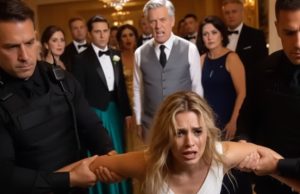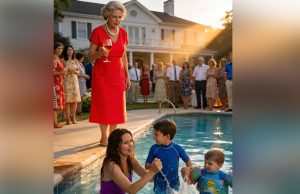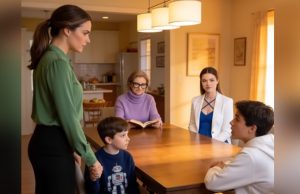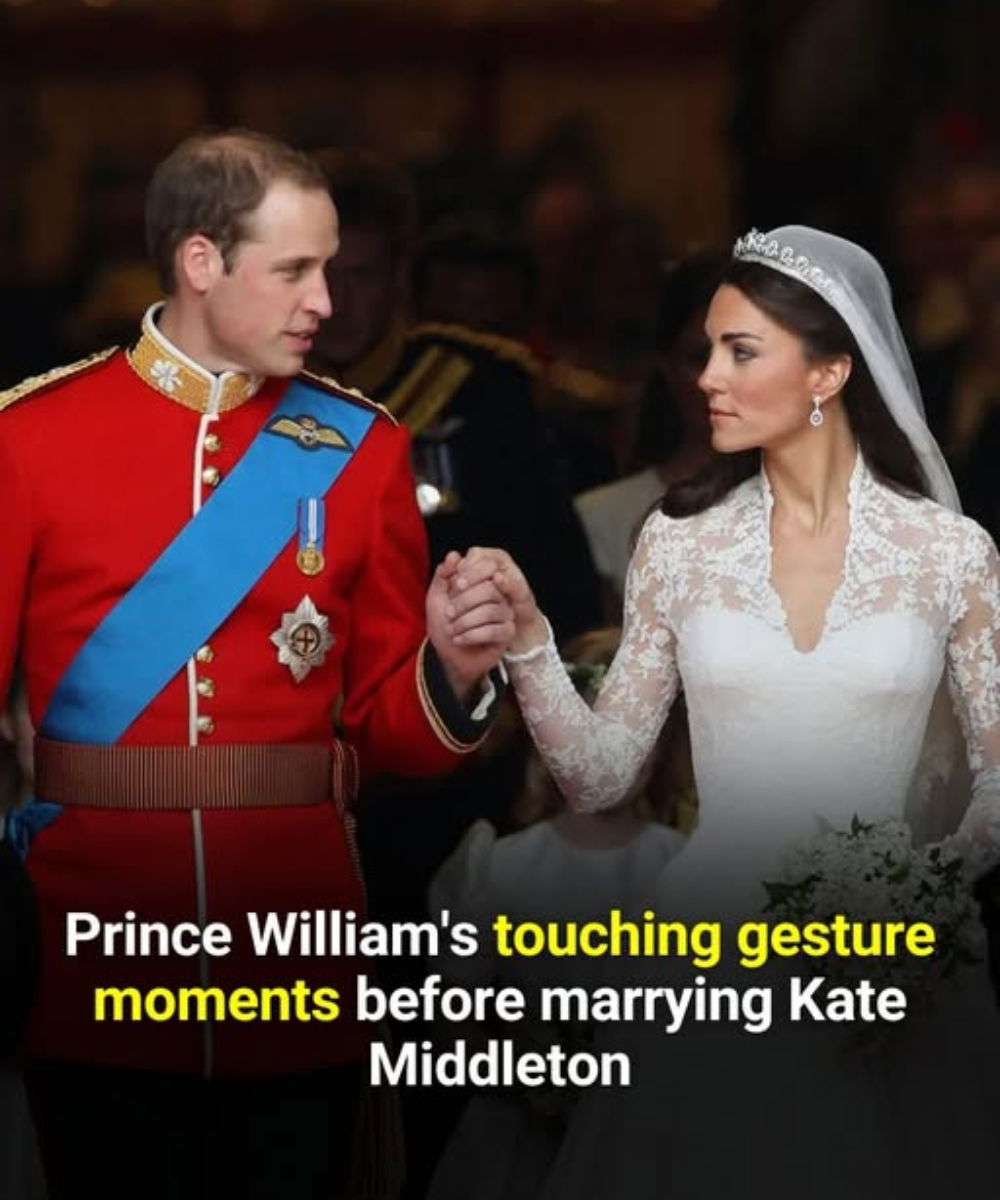
On April 29, 2011, before the ceremony began, the future king made his way into Westminster Abbey in London accompanied by his brother, Prince Harry.
Arriving well ahead of his bride, William had a bit of time to engage with some of the nearly 2,000 guests who had assembled to witness the royal occasion.
A Purposeful Gesture
Among those William made a point to greet were members of his late mother, Princess Diana’s, family. They had been given seats of distinction near the front of the Abbey, right beside the Middleton family.
Royal commentator and writer Victoria Murphy spoke about this touching moment:
“William arrived quite a while before Kate, which gave him the chance to walk around and speak with some of the guests inside Westminster Abbey.
What stood out in particular was that he approached Diana’s family—seated in a place of honor next to the Middletons—and spent a meaningful amount of time speaking with her sisters.
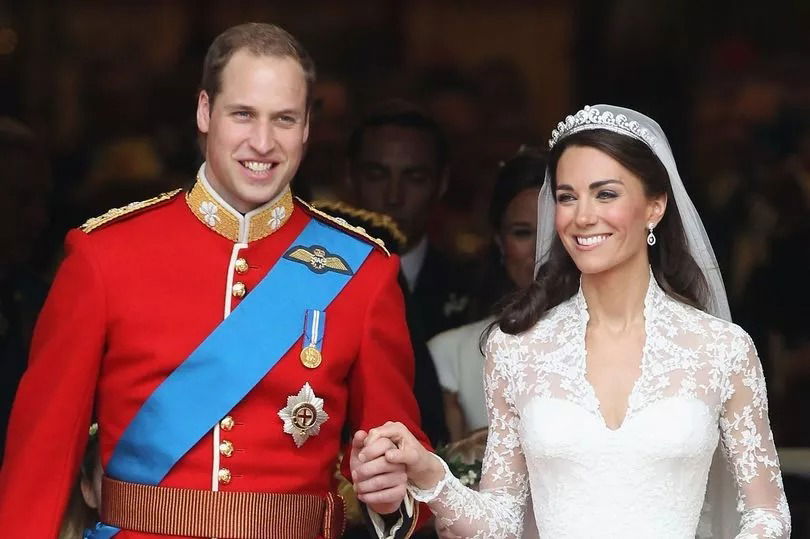
That really reflects just how present Diana was in spirit on that day, and how significant her memory remains, even though she couldn’t be there physically.”
Diana’s Influence Endures
This moment wasn’t the first time William had shown how deeply his mother’s memory continues to impact his life during key milestones.
In fact, her name surfaced again last year during an unexpected cultural moment: the announcement that Noel and Liam Gallagher might end their long-standing feud and potentially reunite their band, Oasis.
This news sparked comparisons between the famously divided Gallagher brothers and the strained relationship between Prince William and Harry.
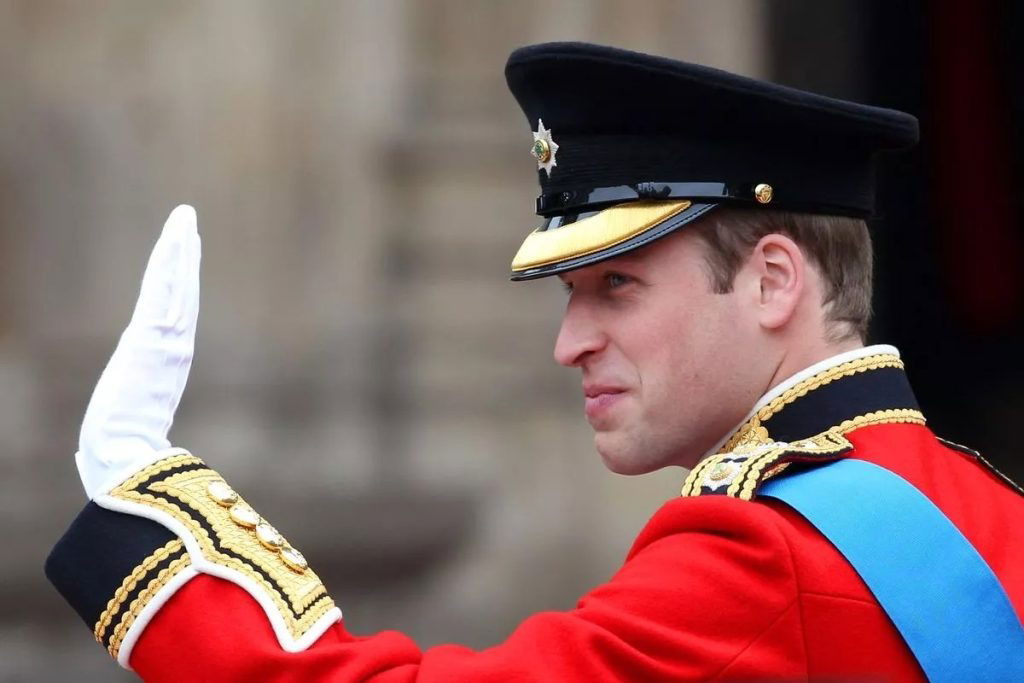
Emotional Bonds Between Brothers
Speaking on LBC radio, psychotherapist Noel McDermott joined host Rachel Johnson to unpack the emotional parallels between the two sibling pairs.
They pointed to the deep emotional roles both mothers—Diana for the princes and Peggy Gallagher for the rock stars—played in shaping their sons’ lives and identities.
McDermott described Diana as a “very powerful influence,” noting how childhood disruptions in attachment often lead people to seek intense emotional bonds later in life.
He explained:
“When someone experiences a broken or incomplete attachment early on, they often work very hard to create new, secure emotional connections. And once they find that, they can become fiercely protective of it. That’s the psychological model I would use to explain these dynamics.”
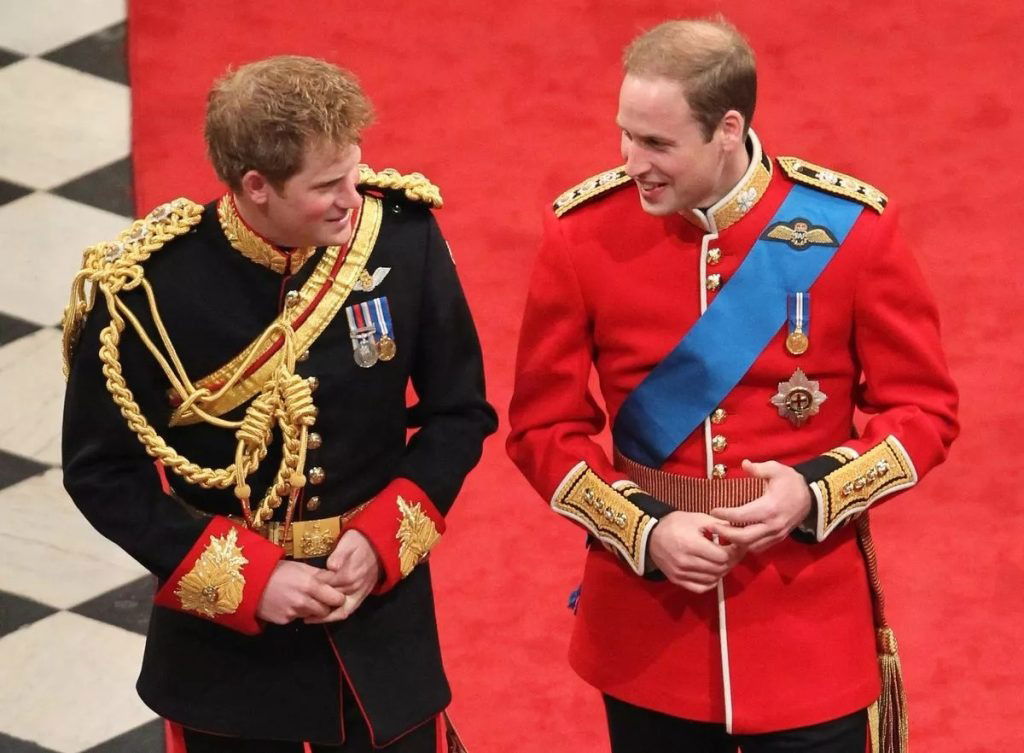
Rachel Johnson offered her own take on the situation:
“What I’ve always thought is that Harry has filled the space left by Diana with Meghan, emotionally speaking… and for William, Kate fills that role. So when someone criticizes their wives, it feels like an attack on their mother.”
McDermott agreed, adding:
“That kind of criticism stirs up the trauma of losing someone so important. Addressing it requires great sensitivity, because it touches something very raw.”


